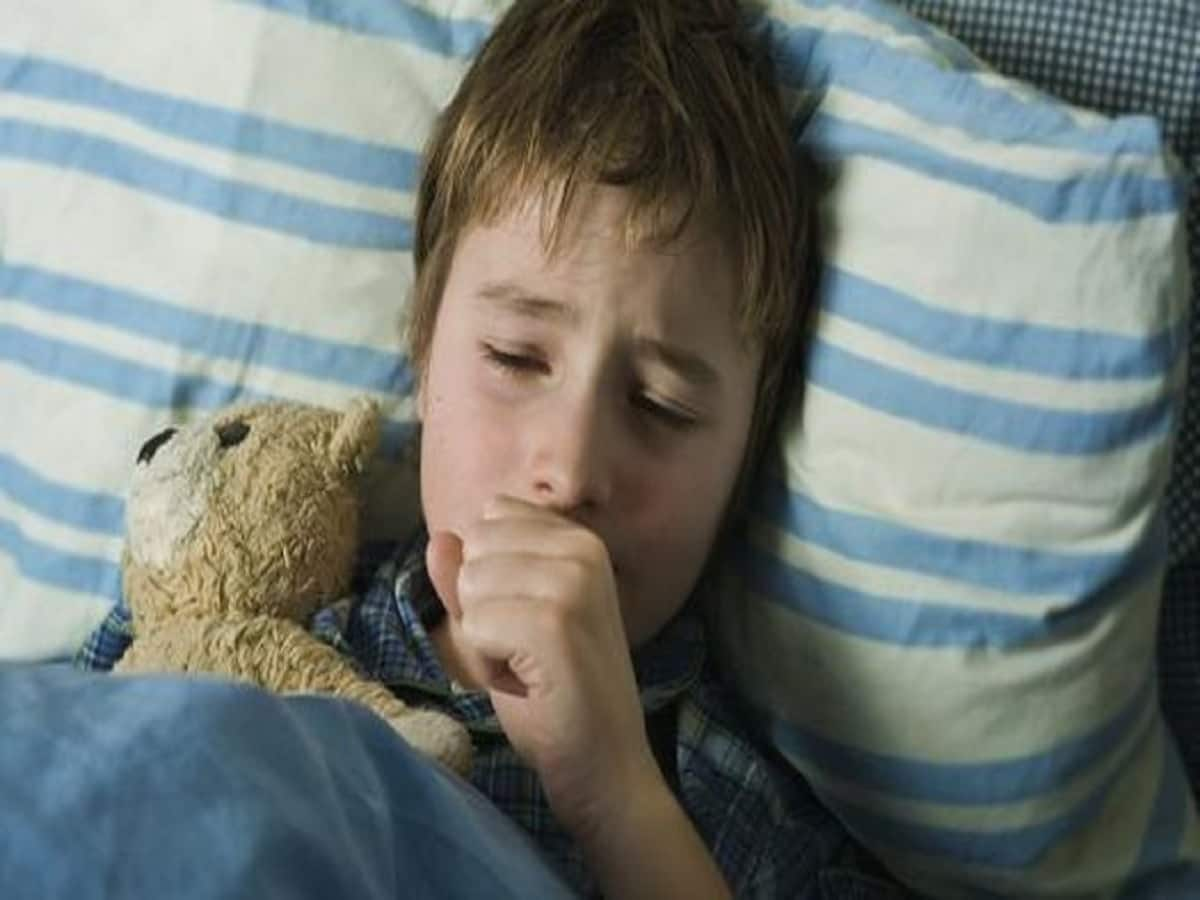Primary Immunodeficiency Diseases: Causes Symptoms and Treatment | TheHealthSite.com - TheHealthSite

One should suspect PID in case of recurrent infections.
World Primary Immunodeficiencies Week (World PI Week) is observed from April 22-29 to raise awareness about primary immunodeficiency diseases (PID). PID is a group of rare disorders in which part of the body's immune system is missing or not functioning correctly. Genetic defects in the immune system cause these conditions. There are more than 400 types of PID identified so far. More than 90 per cent of primary immunodeficiency diseases are still undiagnosed in India. Hence, it is very important to know about the symptoms of these diseases. They can present in infancy, childhood, or adulthood, depending on the severity.
Signs and symptoms
Because the immune system's primary role is to protect against infection, people with PID are more likely to become infected. Infections can occur in the skin (deep seated skin abscesses), sinuses, throat, ears, brain, lungs, urinary and digestive tracts. In this context, one should clearly understand that every infection is not because of a primary immunodeficiency disease.
One should suspect PID in case of recurrent infections (four or more ear infections per year, two or more pneumonia per year, two or more serious sinus infections per year) or severe infections requiring IV antibiotics or repeated hospital admissions. A persistent thrush or fungal infection of skin can also result from underlying PID. Children with PID usually fail to thrive, unlike normal children. Apart from infections, a few PIDs may also have enlarged spleen, liver, or lymph nodes. Some PID may also present with allergy, autoimmune symptoms like low blood counts, rashes, joint, and muscle inflammation, and a few can develop a malignancy.
Also Read
More News
Diagnosis and treatment
As these are genetic defects, they run in families. One should strongly think about PID if there are one or more sibling deaths in the early years of life or siblings with recurrent infections.
Diagnosis of a PID requires specific blood tests, including a basic CBC (complete blood count), serum immunoglobulins, and blood tests for the number and function of immune cells. A genetic test confirms the diagnosis. Knowing the mutation involved can estimate the risk to the next sibling and provide appropriate genetic counselling to the parents, which further helps in preventing or diagnosing these diseases before birth.
Treatments vary depending on the type and severity of PID. These include antibiotics, which help in treating and preventing infections. Treatments to boost the immune system e.g. intravenous immunoglobulin are given for many PID. Around 50-60 per cent of PID patients may require bone marrow transplantation. Stem cell and gene therapy are other treatment modalities.
Children with PID cannot have live vaccines such as rotavirus, chickenpox, oral polio, and MMR. Other measures include preventing infection by avoiding crowds, washing hands, and maintaining healthy habits. Early diagnosis can help prevent serious health problems due to repeated infections, including organ damage and death.
The theme for World PI Week 2022 is "Lives Can Be Saved. Access to healthcare is a basic human." Let us not ignore these symptoms and together we can bring about change for primary immunodeficiency patients. So, seek an opinion from an Immunologist/specialist when someone in your family has the above-said symptoms.
The article has been contributed by Dr. Sunitha Kayidhi, Consultant Rheumatologist and Clinical Immunologist, Yashoda Hospitals Hyderabad.
Total Wellness is now just a click away.
Follow us on


Comments
Post a Comment